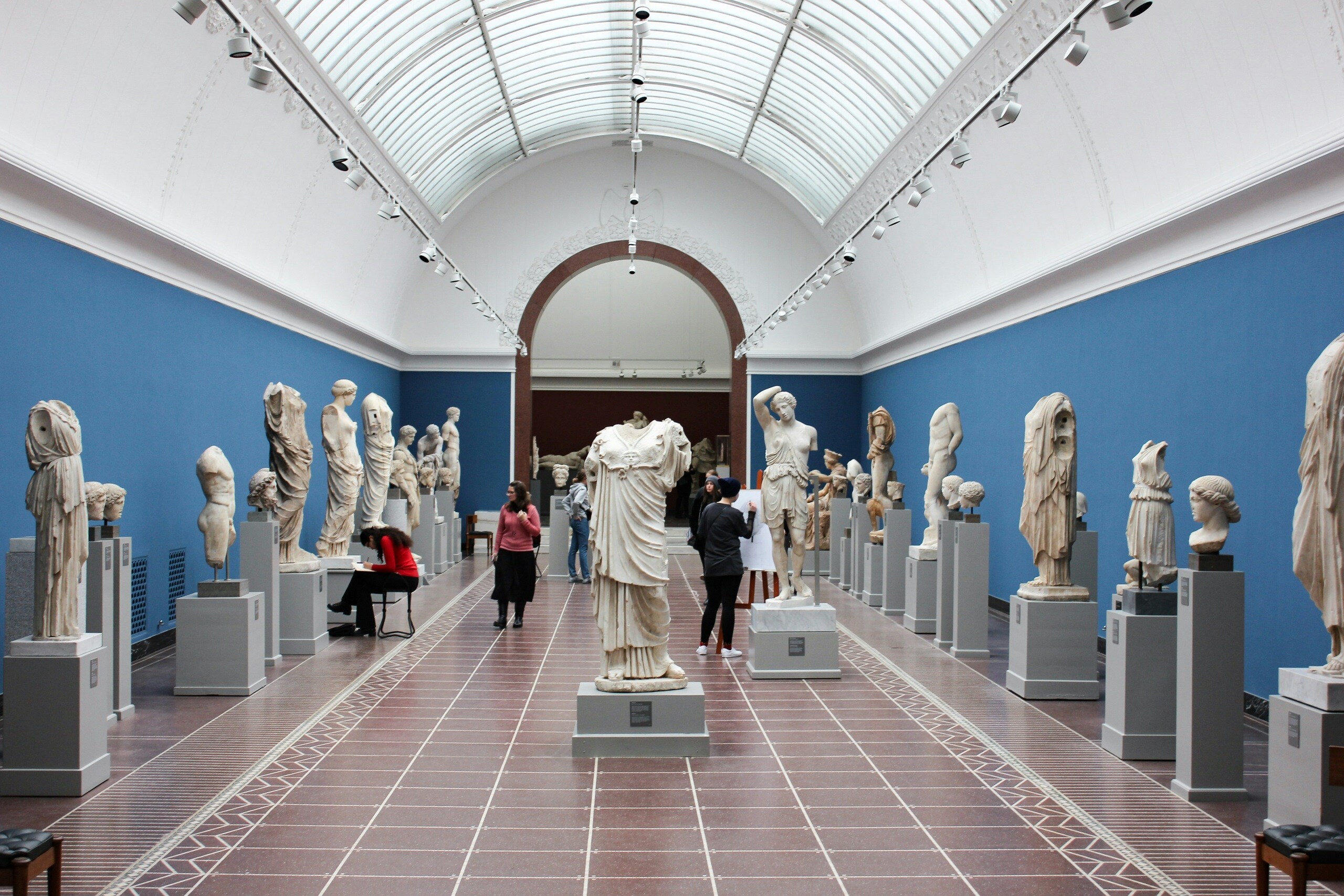
- Services
- Sector
- Languages
- Individuals
- About us
- Contact us
- Services
- Sector
- Languages
- Individuals
- About us
- Contact us
4.8 out of 5 Based on 2249 reviews

Next week’s IoT Tech Expo at Olympia brings together an impressive list of industry leaders and thought leaders, ready to debate the significance and the future of the Internet of Things. One thing sure to be discussed is the impact on the employment market. Not only in job creation – although that is a very hot topic – but in redefining how we see our jobs.
For decades, non-specialists have been able to say that IT was “somebody else’s job”. Now, with connected devices on planet earth already outnumbering people by a factor of three to two and with 50 billion “smart” devices forecast by 2020, are we reaching a point where we’re all working in IT in some way?
The Internet of Things joins the dots between everyone, from the IT-savvy to the IT-agnostic, on an unprecedented scale. And it challenges us to view this inter-connectivity not as an IT process but as a business process. When smart devices connect supply chains, affiliates and internal and external customers, they’re taking us well beyond the boundaries of the traditional IT department. They’re defining your business for the 21st century.
Many employers are responding to this by setting up IoT departments. And the teams being created are made up of all-rounders who appreciate the interdependence of production, administration, service and technology. People who don’t share that appreciation may find their value in the job market falling.
The value of specialist linguists certainly isn’t falling. At Absolute Translations we’re inspired by technical advancement and we’re proud to be partner of choice to many of the most forward thinking companies in the world. And when we see new apps that promise to serve as universal translators, we acknowledge the talent behind them but retain our faith in human translation and project management. If we’re all involved in information technology now, if we’re all required to have an understanding of the technical factors that join us together, then surely we need to share this information as clearly as possible. An app won’t do that for you; there’s just too much room for ambiguity and error. To take two very basic examples, the word “run” has 396 meanings defined by the Oxford English dictionary, depending on context. And the word “set” has 464. Do you really want to trust a machine to pick the right one? If your success in the workplace now depends on a grasp of technology then we want you to grasp it firmly, whatever your native language and whatever your target audience. That’s why we maintain specialist teams across all technical disciplines and all major languages, ready whenever you need them.
The delegates at Olympia next week will already know that IT isn’t somebody else’s job. Not any more. But professional translation that helps connect every user? That is still somebody else’s job.
It’s our job, and we’re very good at it. Contact Absolute Translations today for all your technical language needs.

Publishing a book to an international market is a fantastic opportunity. It is a huge career milestone t...

Think of the work involved in creating museum exhibitions. The concept development, design, fundraising,...

Think of the work involved in creating a stellar marketing campaign. Market research, competitor analysi...
As part of our ongoing efforts to protect the environment for future generations, Absolute Translations is proud to have achieved carbon negative status!
